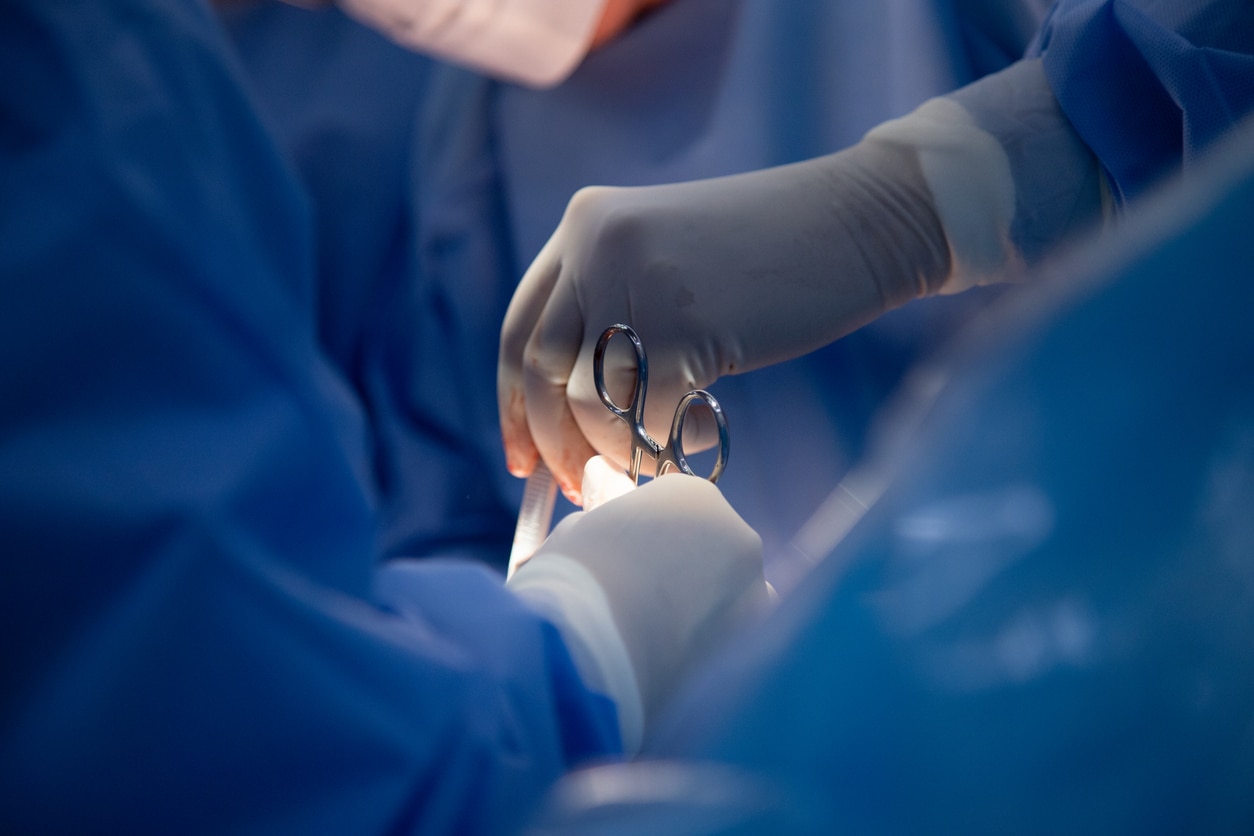Thyroid surgery, also known as thyroidectomy, is a medical procedure performed to remove all or part of the thyroid gland. The thyroid gland, located in the front of the neck, plays a crucial role in regulating various bodily functions, including metabolism, heart rate and temperature. If approaching a thyroid surgery, understanding what to expect can help alleviate anxiety and prepare you for the process.
Understanding Thyroid Surgery

Thyroid surgery is typically recommended for individuals with thyroid conditions such as thyroid cancer, large goiter hyperthyroidism (overactive thyroid), or nodules that are causing symptoms or raising concerns about cancer. It is performed under general anesthesia and includes an incision in the neck and the removal of all or part of the gland without impacting nearby parts, such as the lymph nodes.
Preparation for Thyroid Surgery
Before undergoing thyroid surgery, your healthcare team will provide detailed instructions on how to prepare for the procedure. This may include:
- Medical evaluation: Your doctor will conduct a thorough medical evaluation to assess your overall health and any underlying conditions that may affect the surgery or recovery process.
- Medication management: You may need to adjust or temporarily stop certain medications, such as blood thinners or thyroid hormone replacement therapy, before the surgery.
- Fasting: You will likely be instructed to fast for a certain period before the surgery to reduce the risk of complications during anesthesia.
- Arrangements: Plan for transportation to and from the hospital on the day of surgery, as well as for assistance with daily activities during the initial recovery period.
Recovery from Thyroid Surgery
The recovery process following thyroid surgery varies depending on the extent of the procedure and individual factors. However, here are some general expectations:
- Hospital stay: Most thyroid surgeries require a hospital stay of one to two days, during which time you will be monitored for any complications and given pain medication as needed.
- Activity restrictions: You may need to limit physical activity and avoid heavy lifting for a few weeks after surgery to allow the incision site to heal properly.
- Medication: Your doctor may prescribe thyroid hormone replacement medication to regulate hormone levels if part or all of the thyroid gland is removed.
- Follow-up care: Attend follow-up appointments with your doctor to monitor your progress, assess thyroid function, and address any concerns or complications that may arise.
In conclusion, thyroid surgery is a significant medical procedure that may be necessary for various thyroid conditions. By understanding the reasons for surgery, preparing appropriately, and following postoperative care instructions, you can navigate the process with confidence and achieve a successful recovery. If you have any questions or concerns about thyroid surgery, don’t hesitate to discuss them with your healthcare provider.